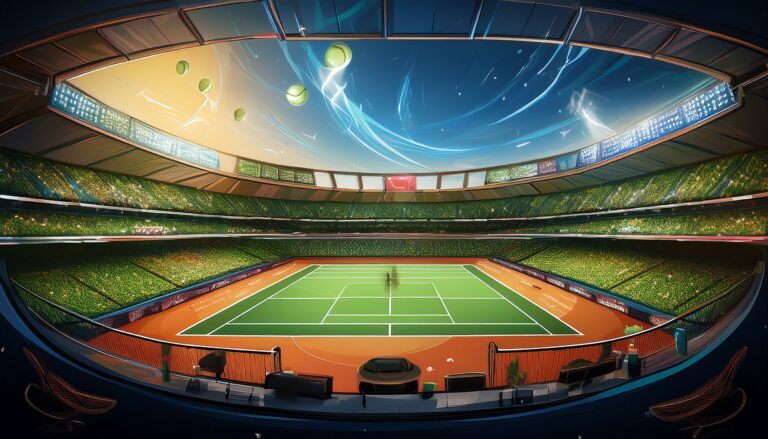Sustainability Practices in the IPL Gaming Industry: Laser247, Gold365, 11xplay
Laser247, Gold365, 11xplay: The gaming industry, while thriving in popularity and revenue, faces significant challenges in terms of sustainability. One major issue is the rapid advancement in technology leading to shorter lifespans for gaming consoles and devices. This results in increased electronic waste, posing a threat to the environment as these devices contain hazardous materials that can seep into the soil and water systems.
Another sustainability challenge for the gaming industry is the high energy consumption of gaming servers and devices. With the growing demand for online multiplayer games and virtual reality experiences, data centers that power these games consume massive amounts of electricity, contributing to carbon emissions and environmental degradation. Players often leave their consoles running for extended periods, further exacerbating the energy consumption problem.
Impact of energy consumption on the environment
Energy consumption in the gaming industry has been a significant driver of environmental impact in recent years. As the popularity of high-performance gaming consoles and computers continues to rise, so does the energy demand necessary to power these devices. The increased energy consumption not only contributes to higher electricity bills for gamers but also places a strain on power grids, leading to greater carbon emissions and fossil fuel consumption.
The environmental repercussions of the gaming industry’s energy consumption cannot be overlooked. The extraction and burning of fossil fuels to meet the energy demands of gaming operations release greenhouse gases into the atmosphere, contributing to global warming and climate change. Additionally, the disposal of obsolete gaming equipment poses a threat to the environment, as electronic waste often ends up in landfills and contaminates soil and water sources with toxic chemicals.
Efforts to reduce carbon footprint in the gaming industry
One approach that the gaming industry has embraced to reduce its carbon footprint is the implementation of energy-efficient practices in game development and operations. By optimizing hardware and software to consume less power without compromising performance, game developers are working towards creating more sustainable gaming experiences. This includes refining graphics rendering techniques, reducing server load, and minimizing the energy consumption of gaming consoles.
Additionally, there has been a notable shift towards utilizing renewable energy sources to power data centers and gaming servers. Many companies in the gaming industry are investing in solar, wind, and hydroelectric power to support their operations, aiming to lessen the environmental impact of gaming activities. By incorporating clean energy solutions into their infrastructure, these companies are not only reducing their carbon emissions but also setting a positive example for other industries to follow.







